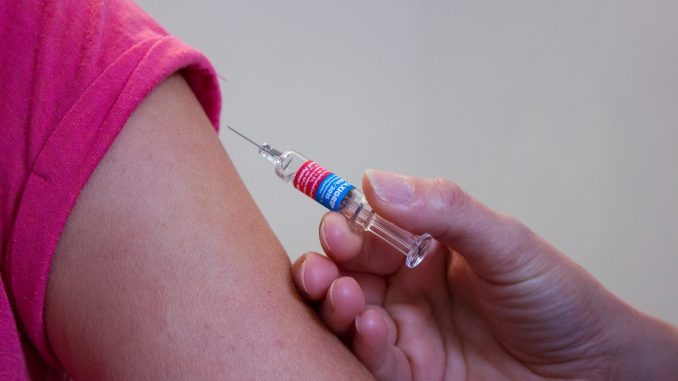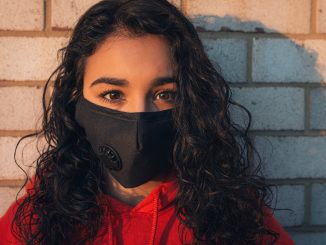

Image Source: Pixabay
In recent years, diseases that were once under control (and even eradicated) have started to come back. In 2019, a measles outbreak in the state of Washington resulted in the governor of a county there to declare a state of emergency.
Since 2014, there has been a notable increase in people who are against vaccinations entirely, and they often refer to themselves as “anti-vaxxers.” Social media has helped to fuel the fire of those promoting a vaccine-free lifestyle. As a result, more people are foregoing vaccinations and more diseases are starting to return.
In this world of social media and “phony” websites, it can be hard to determine which statements about vaccines are fact and which are fiction. So, it’s important to go back to the beginning and look at the history of vaccines and why they started in the first place. The more we understand about that history and how vaccines work, the easier it is to know why they’re still just as important today.
A Simple History for Health
On the surface, the principles behind vaccines are very simple, and they come from humble beginnings. The first official vaccine was created by Edward Jenner in 1796. Jenner took a strand of material from cowpox pustules and used it to create an immunity to the disorder. It took about 200 years for that vaccine to go through medical changes, but it eventually led to the end of smallpox. Now, smallpox vaccines are available.
It was 1885 when the next major vaccine was introduced, as Louis Pasteur introduced the rabies vaccine for humans. Throughout the 20th century, vaccines for everything from tuberculosis to the plague were introduced. During that time, most viruses were grown in labs throughout the world and various strands were tested to see how they would respond to vaccinations.
Today, technology leads the way when it comes to vaccine innovations. Thanks to the use of DNA technology, scientists and medical experts have been able to expand on the diseases that can be eradicated, and there are now tests being done for vaccines on things like allergies.
How Do Vaccines Really Work?
One of the reasons why vaccines are so controversial for some people is because of how they really work. Again, a strain of an actual disease is needed to create a vaccine for it. Those strains are used to “train” the immune system and the body to fight against diseases. So, when a vaccine is administered, it works with your body to prevent everything from measles to smallpox.
Vaccines rely on something called herd immunity. Simply put, the more people who get vaccinated, the less likely it is for others to have serious diseases. On the other end, if fewer people are getting vaccinated, diseases will start to spread faster throughout the world.
We can see how herd immunity works right now. Unfortunately, the way in which we’re seeing it is a problem. Measles was eradicated for years because almost everyone was getting a vaccine for the ailment. Since fewer people (especially children) are being vaccinated, diseases like measles are making a comeback. Herd immunity is important, especially in concentrated areas like schools or the workplace. Having vaccination policies in place in school, and even in an office, can keep people from getting healthy and can suffocate out most preventable illnesses.
Anti-Vaccine History, and the Importance of Vaccines Today
Vaccines are unique in that there aren’t many medical innovations dating back to the 1700s that are still just as important today. Because of Edward Jenner’s initial experiment, the last case of smallpox was in 1977, and that was wiped out very quickly.
Just as important as the history of vaccines, though, is the history of anti-vaxxers. They may seem more prominent today because of social media, but there have always been people who are against vaccines. As early as the 1800s, anti-vaxxers believed vaccinations were something ungodly, or even “witchcraft.” Today, the movement against vaccinating children suggests that vaccinations are linked to autism and other health problems (though there has been scientific research shutting down those claims).
According to the Children’s Hospital of Philadelphia, over 3 million people die each year from diseases that could have been prevented with a vaccine. In the 21st century, that number should be shocking. Unfortunately, so many people who die from illnesses like that are children whose parents didn’t believe in vaccinations.
The first vaccine was created for a reason. Back then, something as simple as the common cold could have ended someone’s life. Medical advancements are taking place all the time, and if vaccines hadn’t been created, we would still be dealing with so many fatal illnesses on a regular basis. The best thing you can do is to educate yourself regarding the truth about vaccines, and learn a bit more about why the history behind them is so important.




